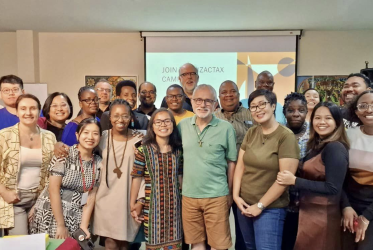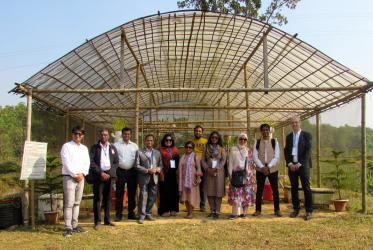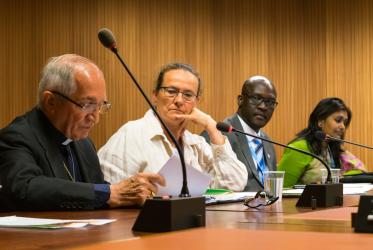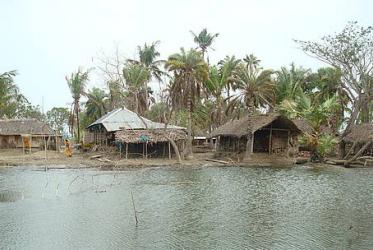Displaying 1 - 19 of 19
GEM School explores how to make new economic world order a reality
08 September 2023
Climate crisis fuels existing water injustice
27 October 2021
Workshop in Bangladesh links climate, economic justice
07 February 2019
New video presents Ecumenical Advocacy Alliance’s call to action
13 January 2016
WCC Executive Committee speaks out on migrant crises
12 June 2015
Issues of justice in focus at WCC Busan assembly
06 November 2013
Consultation brings rights of religious minorities into focus
18 September 2013
Concern and solidarity for Bangladesh
17 May 2013













